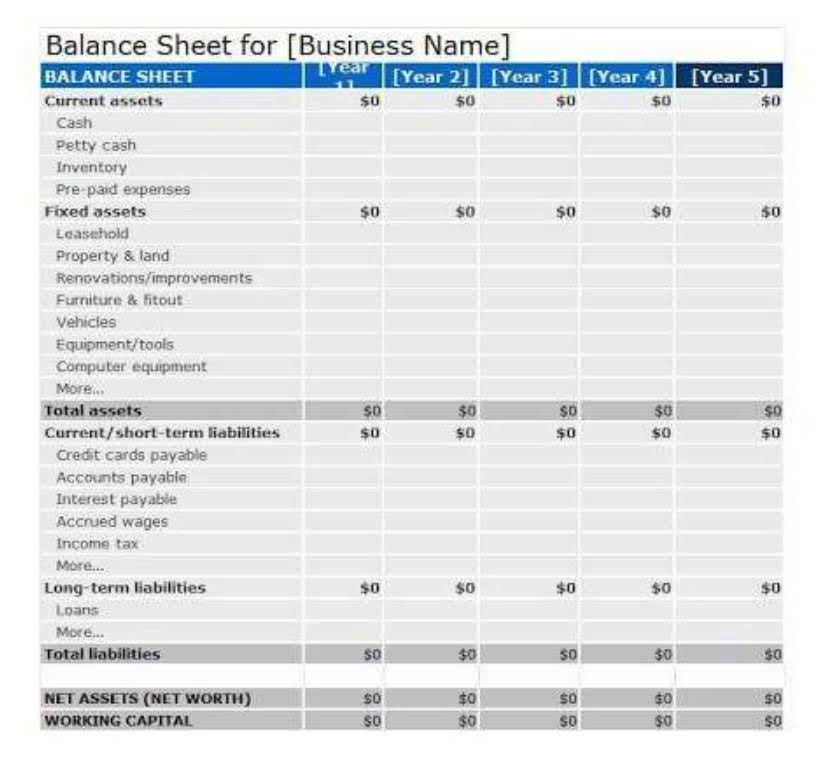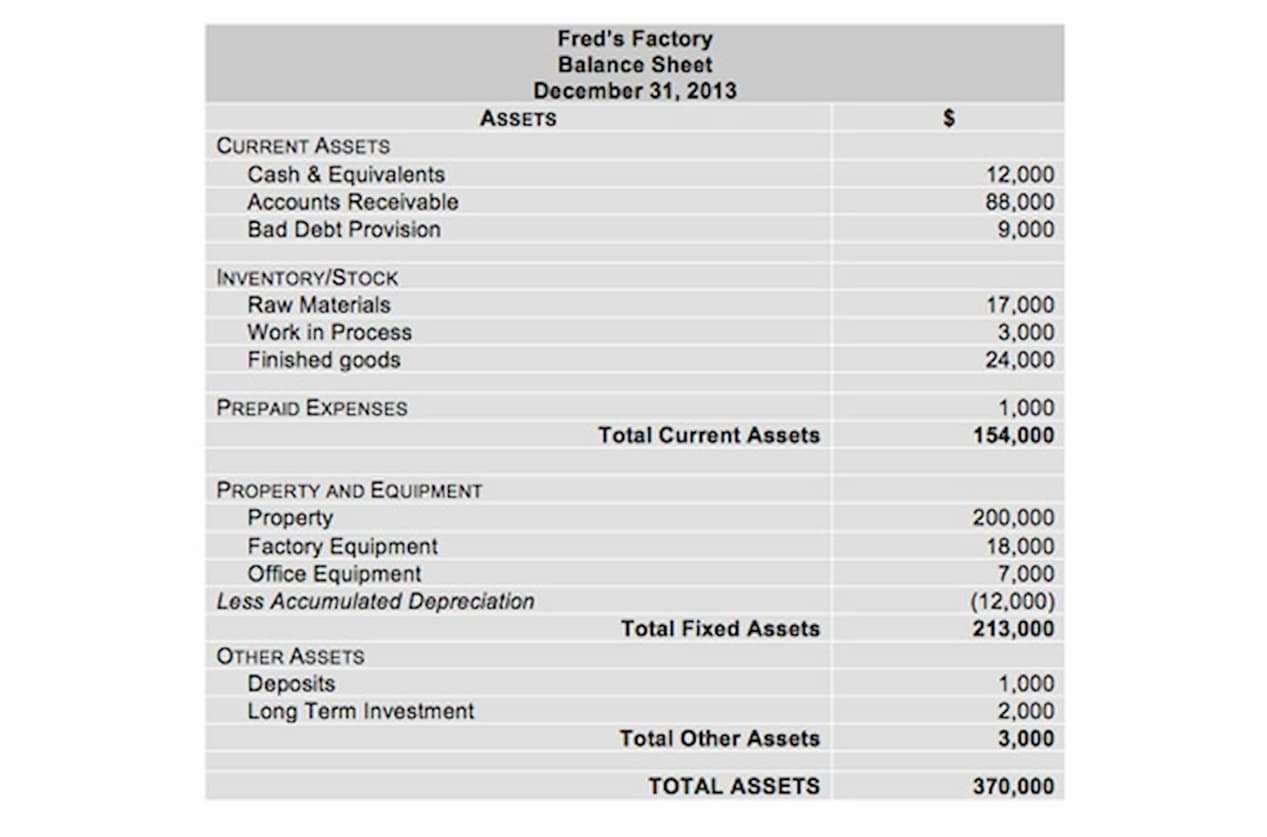
Accounting practices require the pulling and analysis of financial data—in other words, everything that’s recorded in your ledger, among other financial transactions like loan disbursements or payments. In this guide, we’ll explain the functional differences between accounting and bookkeeping, as well as the differences between the roles of bookkeepers and accountants. While accounting is similar to bookkeeping in that it involves documenting business financial transactions, the former process is more in-depth. Bookkeepers generally need strong attention to detail, data entry skills, and proficiency in bookkeeping software. Accountants require analytical skills, a deeper understanding of financial principles, Online Accounting knowledge of accounting standards, and often more advanced education, e.g., a degree in accounting or finance.

Difference between Bookkeeping and Accounting (Table)
Accountants help with budgeting and financial forecasting, providing insights into your business’s future performance and helping you make informed financial decisions. Bookkeepers and accountants work together by handling complementary tasks that support a business’s financial health. The largest difference between accounting and bookkeeping roles is the required credentials, or academic qualifications, for bookkeeping for cleaning business each.

Explore what you can do with QuickBooks
Inventory management systems and periodic physical counts can help small businesses maintain accurate inventory records and ensure proper financial reporting. This lack of knowledge can lead to errors in recording transactions, incorrect classification of expenses, and inadequate financial reporting. It is crucial for small businesses to either invest time in learning bookkeeping or hire a qualified bookkeeper or accountant to handle these tasks. Bookkeeping systematically records financial transactions, such as sales, purchases, payments, and receipts.

Salaries and job opportunities

Typical bookkeeping tasks involve recording transactions, maintaining journals, reconciling bank statements, processing payroll, and generating periodic financial reports like trial balances. They enable accurate tracking bookkeeping services of expenses and revenues, help in managing cash flow, and are essential for preparing financial statements. Effective bookkeeping is often the unsung hero behind a business’s ability to make informed financial decisions.
- Bookkeepers are valuable at the early stages of doing business; accountants are valuable when financial complexities increase.
- Most importantly, your accountant is a valued advisor who can help you with important decision-making.
- Here, we explore some of the most popular tools tailored to meet the needs of various business sizes and sectors.
- Accounting takes the data gathered through bookkeeping and turns it into actionable insights.
- Additionally, big data analytics is being integrated into financial software to gain deeper market insights and customer behavior.
Financial Planning and Analysis
Bookkeepers focus on maintaining accurate financial records, while accountants provide more in-depth financial analysis and strategic advice. In some cases, a Certified Public Accountant (CPA) can fulfill both roles, offering both bookkeeping and broader financial management expertise. Bookkeeping records day-to-day financial transactions consistently and systematically to lay the groundwork for the accounting process. Accounting goes beyond record-keeping and includes tasks such as preparing financial statements, calculating tax returns, and adjusting entries to help businesses make informed decisions. While both these functions are foundational to achieving financial clarity and compliance, accounting and bookkeeping have unique responsibilities crucial for streamlining financial operations. Accountants work with more comprehensive financial documents derived from the data bookkeepers provide.
Signs It’s Time to Hire an Accounting Professional
- They may lack the tools and resources to perform in-depth financial analysis, assess profitability, and make informed decisions about pricing, budgeting, and investment strategies.
- The financial data generated through bookkeeping enables accountants to provide valuable insights and recommendations to management for strategic decision-making.
- Accountants use the accurate financial data bookkeepers provide to prepare financial statements such as income statements, balance sheets, and cash flow statements.
- Small businesses should consider investing in user-friendly accounting software that suits their needs and seek assistance setting up and utilizing it effectively.
- These skills enable them to accurately record transactions, reconcile accounts, and conduct financial analyses.
A bookkeeper also has a duty to keep the information he processes confidential, as he will be privy to sensitive financial information, including payroll salaries. An accountant usually has a degree or certification (CPA), and is paid better than a bookkeeper. Bookkeepers generally command lower fees than accountants due to the less complex nature of their tasks. While it can be reassuring to see letters after an individual’s name, we recommend focusing instead on finding an accountant who offers the services you need, you feel comfortable with, and trust. Even if an accountant has a degree and a certification, it doesn’t mean they are a better choice than a bookkeeper with sufficient experience.
- Usually, the bookkeeper’s work is overseen by either an accountant or the small business owner whose books they are doing.
- In conclusion, understanding the distinctions between accounting and bookkeeping is crucial for effective financial management.
- Whether operating a nimble startup or a sprawling enterprise, these roles adapt to meet your company’s needs.
- Bookkeepers play a vital role in managing financial records, while accountants offer valuable expertise and financial advice.
- The complexity of a bookkeeping system often depends on the size of the business and the number of transactions completed daily, weekly, and monthly.
- In today’s rapidly evolving business landscape, understanding the nuances of Accounting vs Bookkeeping and understanding their unique roles in financial management is more critical than ever.
- They advise management on investment decisions, capital structure, cost management, and profitability analysis.
- However, bookkeepers will face pressure from automation and technology that will reduce the demand for such workers.
- Hiring an accountant becomes crucial if the business undergoes audits or due diligence processes.
- When choosing the appropriate bookkeeping and accounting services, it’s essential to align your selection with your business’s specific needs and capabilities.
- Also, the utmost care and due diligence is the way to go for both a bookkeeper as well as an auditor.
Bookkeeping is the systematic recording of financial transactions on a daily basis. Bookkeepers ensure that all financial transactions are accurate and comprehensive, providing a foundational layer of data that accounting builds upon. Bookkeepers prepare the initial reports, which accountants review for compliance and accuracy. Similarly, bookkeepers compile data, which is used by accountants to prepare statements during financial closing periods.